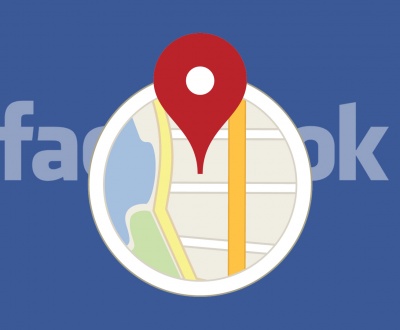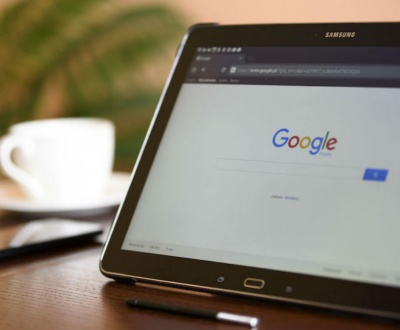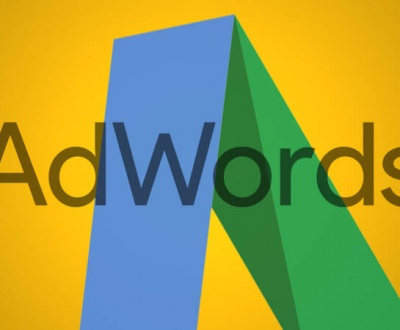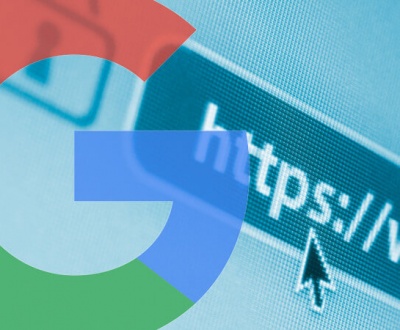
Can Google’s Promises Be Trusted?
Anyone who tracks Google’s promises has been disappointed as of late. The search engine has fallen back on major promises for two years in a row. Skeptics have material to use for talking negative, but one has to see the bigger picture to understand what’s happening. A 15-year-old organization, Google continuously faces new challenges; plus, its search products are much different from the inception of the organization.
Some have suggested Google thinks there’s so much user trust it doesn’t have to explain itself. Its current management structure is blamed also, as a lack of accountability has made it look like no one is in charge. Do these broken promises indeed break trust with users?
Google Shopping and Pay-to-Play
In 2012, the company transformed Google Product Search into Google Shopping, a purely ad-based product. People could previously use the feature the same way as the regular search engine. Listings were gathered from the Internet and results were shown at no charge to merchants. They could buy ads to get better placement in a search. These ads were featured to the top right of the main listings.
With Google shopping, everyone has to pay if they want to get listed. Paying for product inclusion has no bearing on ranking, or having a more favorable story. In fact, this model was rejected by Google in 2004; the search engine called paid inclusion “evil” and that listings would be irrelevant and biased.
Perhaps maturity has altered Google’s stance, but still the company has claimed paid inclusion is not what is happening. Some think it’s trying to redefine the term or add disclaimers to cover its tracks. These are weak arguments compared to acknowledging a change. The search engine hid away an explanation on the Google Commerce blog, and not the main blog which is used to announce major changes.
Are Better Search Results the Answer?
No clear explanations have emerged. Google has suggested adequate information can’t be retrieved unless it charges merchants, although it had a shopping search feature for a long time before asking for money. It is still able to extract content from pages all over the Web, keeping its Knowledge Graph in operation. What changed about how its merchant feed submission process works?
Google suggested the quality of listings would improve, but much of the time this is not the case. Many users believe the choices which come up in Google Shopping are confusing. Some listings lead to dead-end landing pages with no information or products; other times it is eBay or smaller merchants which appear. The all-paid model, therefore, does not necessarily save time nor solve some of the problems it has tried to fix.
Carving a New Path
The new Google Shopping changes, and the search engine’s reversal of opinion, has caused a rippling effect outside the boundaries of Google. The change caught the eye of Microsoft, which used it to promote Bing Shopping because listings aren’t all paid. This didn’t fly with consumers. Probably due to economic pressure, the Bing Shopping product was eliminated, also harming merchants who enjoyed the benefits of free listings. In the end, Product Listing Ads from Google were included with Bing search results – the possibility of free listings through “Rich Captions” was advertised, but probably just for good publicity.
These are not shopping search listings, just regular ones with bigger descriptions. Google has pulled the same move with search results. It essentially turned a shopping search engine into an advertising service. Nobody knows who made the call or caused such a dramatic shift in philosophy.
Banner Ads In Search
In 2005, Google promised not to ever put banner ads on its homepage or search results pages. Consumer concerns regarding a partnership with AOL prompted this statement, but eight years later, such ads appeared. The promise was made personally by Marisa Mayer, who was at the time vice president of Google’s search products and user experience. She is now CEO of Yahoo, but her promises should still apply.
Such banner ads oppose the vision of Google’s founders. In 1998, Larry Page and Sergey Brin even stated a good search engine would not benefit. They said such advertising would not be needed by consumers and could distract them from finding what they need. Either that’s not true anymore or Google cannot explain why it’s more acceptable now. The search engine has not made attempts to discuss it either. As it did regarding paid inclusion, the company issued a vague statement as if its previous opinion never existed.
Why Does Google Break Promises?
A more logical approach is to look at why Google has broken big promises and who is guiding these decisions within its corporate structure. One could point to the fact that times change. Maybe Google shouldn’t have promised things which it couldn’t. Statements on its “10 Things We Know To Be True” page are clearly not representative of the search engine’s stance any more.
Another answer is the requirement to adapt to the variables which change. It is a complicated matter to believe companies and products have to change to keep up. Google was against a paid inclusion model, but maybe now it makes sense to implement one. It’s still a major shift in philosophy. Someone should have said maybe terms at the top of search results should still be offered for free, even just in the name of consistency. Yet, Google has never explained the decisions it has made, as it would in the past to address consumers and others it mattered to.
Who Is Managing Search?
If anyone truly debated the issue, its unclear who did and who ultimately made the decisions. Arguably there are no leaders for Google’s search function. According to Google’s management page, its senior leadership includes people running knowledge; YouTube; ads and commerce; Android, Chrome, and Apps; and social media. Alan Eustace is in charge of “Knowledge” while Salar Kamangar runs YouTube and Sundar Pichai is in charge of hardware and software products.
It should be easy for Google to point out who is running search. The question has not been answered by the company for those who ask it. Should the vice president of knowledge, overseer of search algorithms, or overseer of predictive search be in charge? Since ads do not run separately from knowledge in a consumer-facing model, and Google has claimed its ads can be useful as information sources, something is not being communicated.
The interests of the ad side and the search side can very well conflict. Somebody therefore needs to be in charge. There have been no comments from the company on this either. Seemingly no one is in charge. Its just different areas being pursued, such as shopping, web page search, predictive search, and others; without any intermediary leader to guide all of them in one direction.
Could Google’s Model Be Working?
While some insist Google is doomed to fail, maybe it doesn’t need a central vision to succeed. It could be supporting search on multiple platforms and catering to needs such as shopping, news, or research requires such a model. Google has also provided different ways to search, including typing keywords, opening a map, or speaking a query. Perhaps a centralized plan may get in the way of success.
Being fuzzy, though, gives an impression of lacking accountability. Nobody knows who calls the shots for major changes. There seems to be no one to explain them either. Google has broken promises two years in a row, while reversing its opinions after strongly disapproving of paid inclusion, banner ads, etc., in the past. If the changes were done to reassure consumers and benefit all somehow, Google should explain its reversals in some way. Instead it has failed to do so, and fuzzy management has seemingly led to a lack of vision and no explaining.
Does Google Now Have All the Answers?
The Star Trek computer was used by Amit Singhal as a vision for search. Google Now is designed to give answers to questions. In theory, answers should be readily available, but the Enterprise’s computer did hold back information or limit availability because someone didn’t pay for it to be there. Google is a for-profit operation with many stakeholders, not a sci-fi computer. The original vision was simple and clear, but doesn’t exist any more.
In addition, Google doesn’t see a reason to explain its decisions. Supporters of its original incarnation say it should return to that model, even if explaining such reversals means bad PR in the short term. A better longer term strategy would be to retain user trust and prevent it from being lost over time.
About us and this blog
We are a digital marketing company with a focus on helping our customers achieve great results across several key areas.
Request a free quote
We offer professional SEO services that help websites increase their organic search score drastically in order to compete for the highest rankings even when it comes to highly competitive keywords.
Subscribe to our newsletter!
Recent Posts
- Facebook adds new tools for local discovery and commerce 19th October 2016
- So we have 45 more characters in AdWords text ads… Now what? 8th August 2016
- How Pokemon Go Is Driving Insane Amounts of Sales at Small, Local Businesses 11th July 2016








